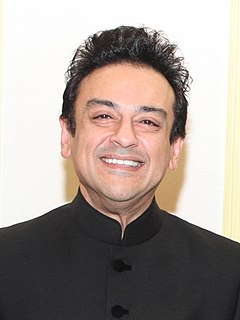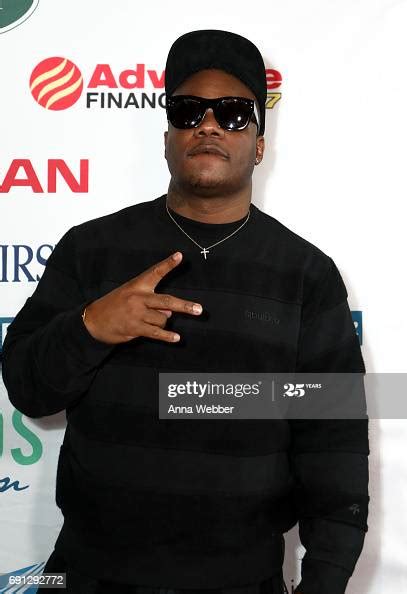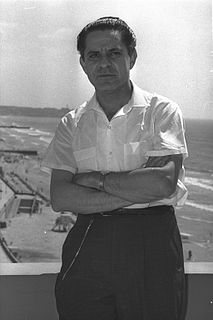A Quote by George C. Wolfe
With music, you can create instant trust with an audience. You can hear three notes, and you surrender to it, whereas it takes you about ten minutes of language before people begin to trust you in a play.
Related Quotes
Every play is rhythmic control. If you want an audience to go on a journey, it's rhythmic control. You're crafting when they lean in, when they push back, when they breathe, when they surrender. It takes you probably five to six minutes to build trust with an audience. A musical you can build trust in three notes. Boom, boom, boom, you're instantly seduced. So musicals have this easy potency, but generally, in my opinion, they waste them, because a musical is incredibly hard to do.
Recording a Hindi song takes me around 40 minutes whereas a Kannada song takes me about two hours. The music isn't a problem, since the notes used are universal. The language is the problem. I try my best to get it right, as I'm sensitive about respecting every language, since all of them are sacred in my heart.
Surrender your will to Him. Unconditionally. Withhold nothing. Turn it all over to Him; all of your desires, wishes, dreams and hopes. Trust in Him. Trust Him who knows all things. Trust Him who has all power. Trust Him whose love for you is perfect. Trust Him, who alone suffered, paid, and atoned for you sins, and for your weaknesses as well. Trust Him that He will make of you immeasurably more than what you will ever, ever, in all eternity make of yourself. He will create of you a masterpiece. You will create of you only a smudge. You will create an ordinary man. He will create a God.
What is an "instant" death anyway? How long is an instant? Is it one second? Ten? The pain of those seconds must have been awful as her heart burst and her lungs collapsed and there was no air and no blood to her brain and only raw panic. What the hell is instant? Nothing is instant. Instant rice takes five minutes, instant pudding an hour. I doubt that an instant of blinding pain feels particularly instantaneous.
In anything really, it's finding the reality. You can't be 'real,' but you can create a reality. And that created reality is what the audience believes in. And that's essential. Because if the audience doesn't believe that, they're never going to trust you. And if they don't trust you, you can't lead them up the mountain.
When the trust is high, you get the trust dividend. Investors invest in brands people trust. Consumers buy more from companies they trust, they spend more with companies they trust, they recommend companies they trust, and they give companies they trust the benefit of the doubt when things go wrong.
The next time I write a play - in order to get audience trust for a particular sort of tragic line, I'll try to bring the audience a good distance before that. Part of that is allowing comic moments to occur. I had been afraid of that - that once the audience started laughing in the play, they would never stop.
Being vulnerable is allowing yourself to trust. That's hard for a lot of people to do. They feel a lot more secure if they kind of put walls around themselves. Then they don't have to trust anybody but themselves. But to allow you to trust not only yourself but trust others means - is what's required to be vulnerable, and to have that kind of trust takes courage.
I like playing at public schools. I like when there's more of a diverse audience. I'll play wherever people want to hear my music, and I'll be glad and grateful for the opportunity, but I'd rather not play for a bunch of white privileged kids. I'm not meaning that in a disrespectful way; you go where people want to hear your music. So if that's where people want to hear me play, I'm glad to play for them. But I'd rather play for an audience where half of them were not into it than one where all of them were pretending to be into it, for fear of being uncultured.
Performers should realize they not only have to prepare themselves for concert purposes as far as memorizing their programs goes, but for the business of just walking out before the people …. It is important to play before an imaginary audience too. Before I play in public I very often play a program three or four times as though I were seated before a actual audience.






































